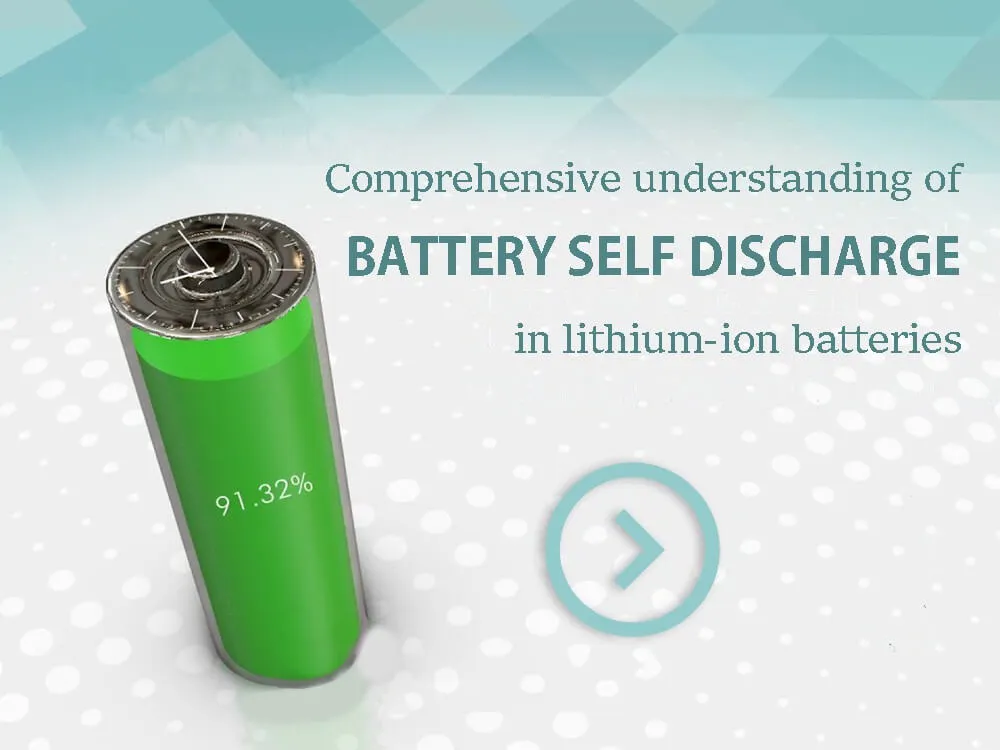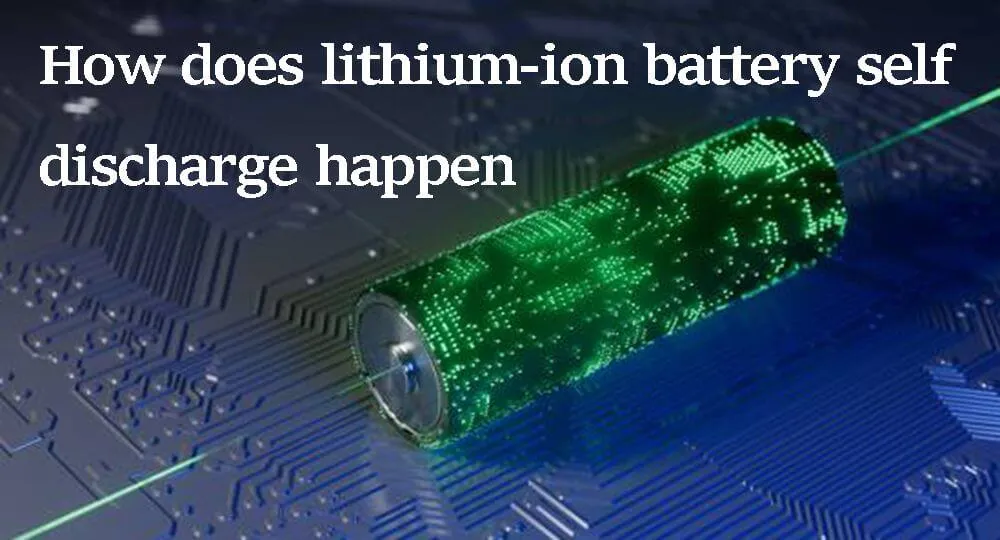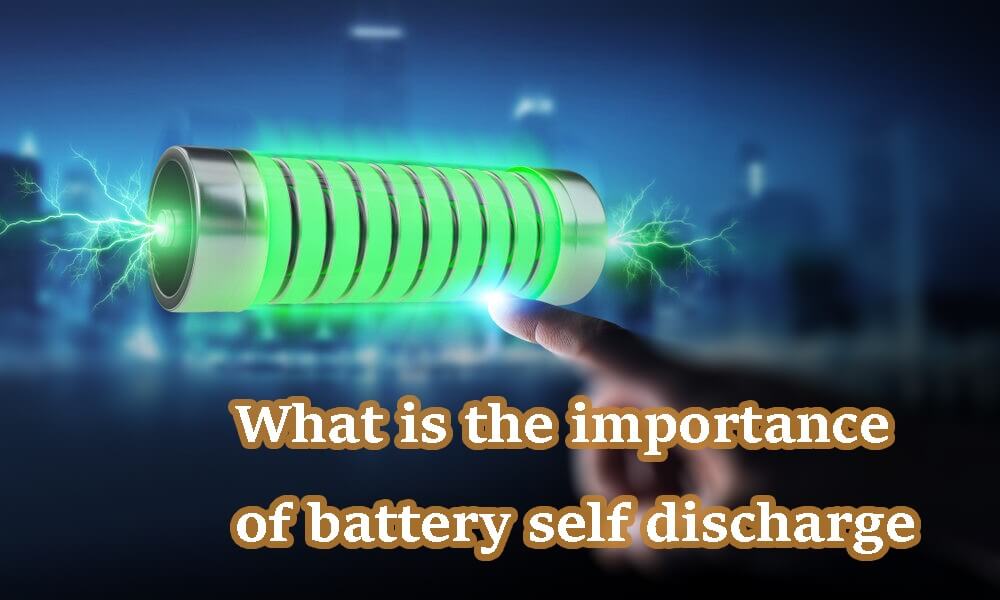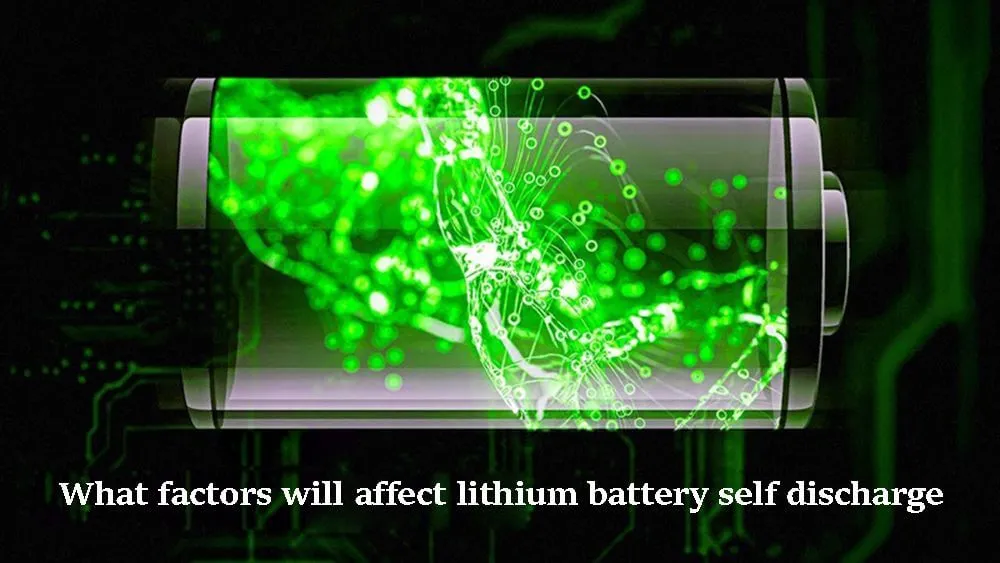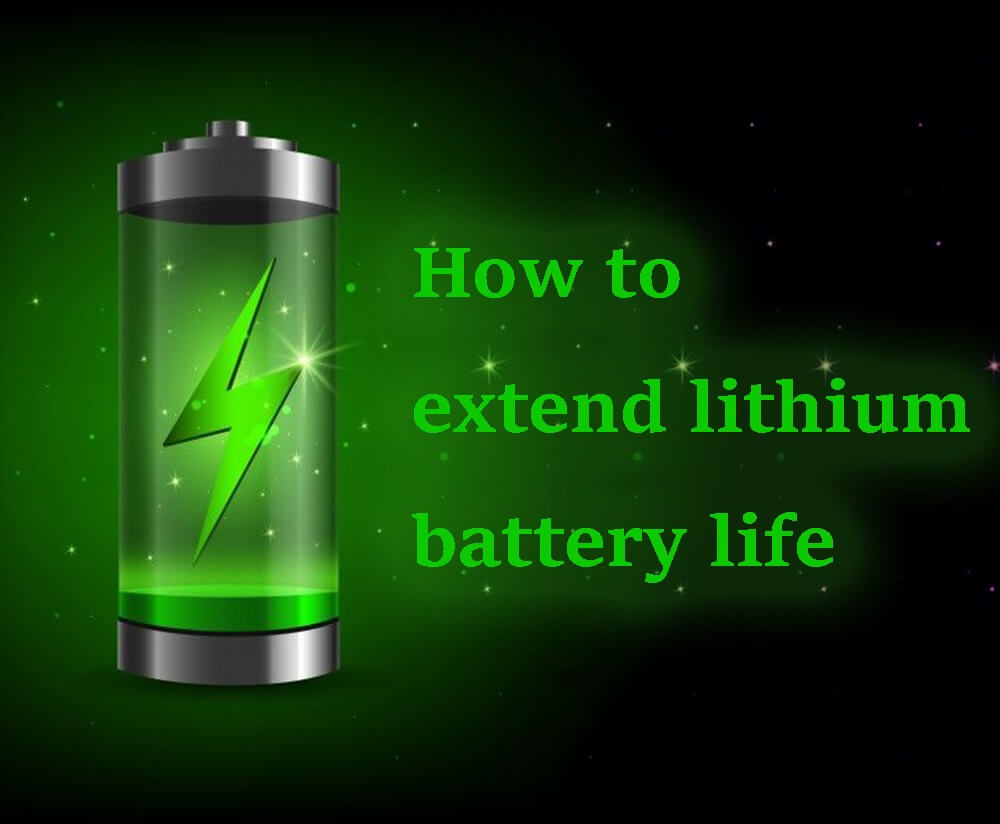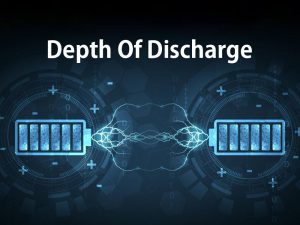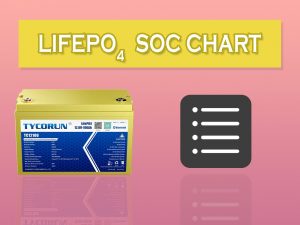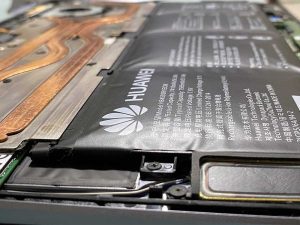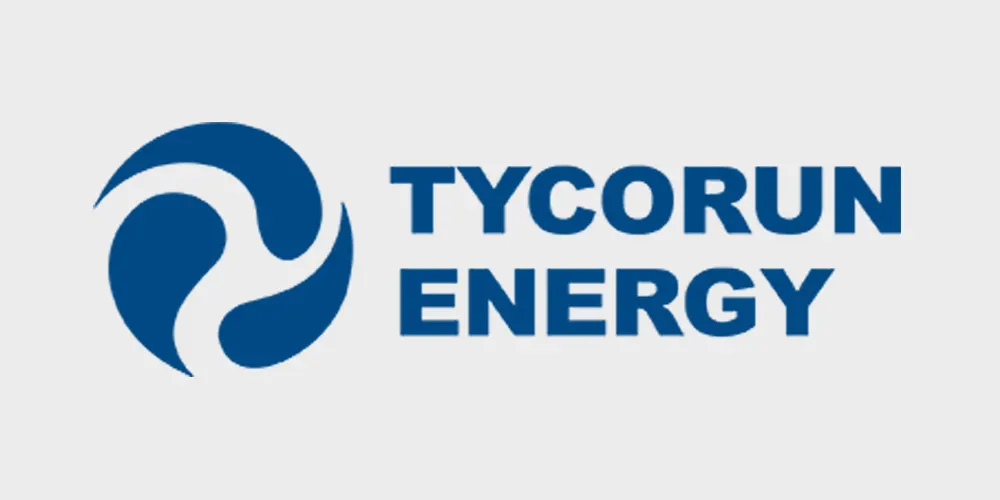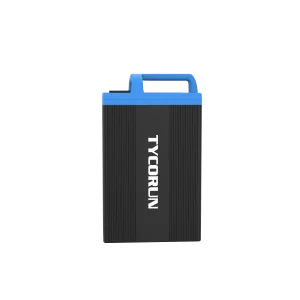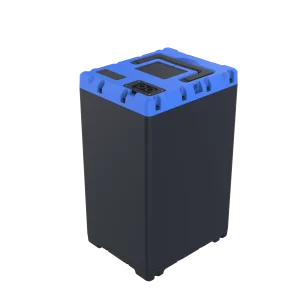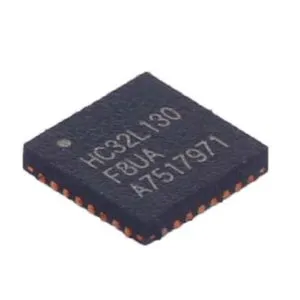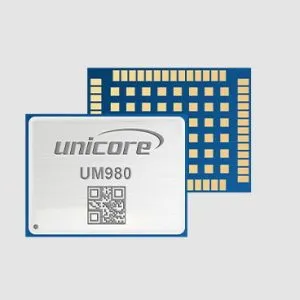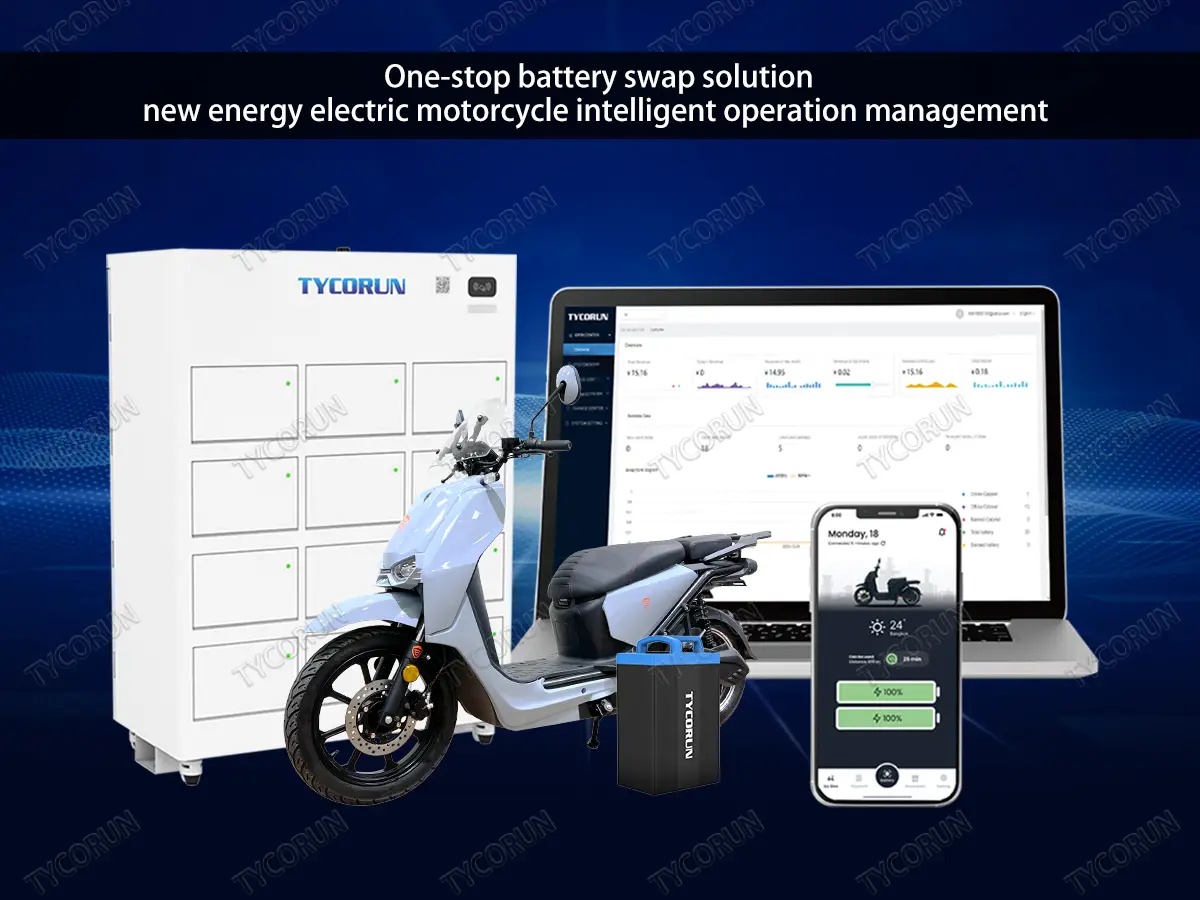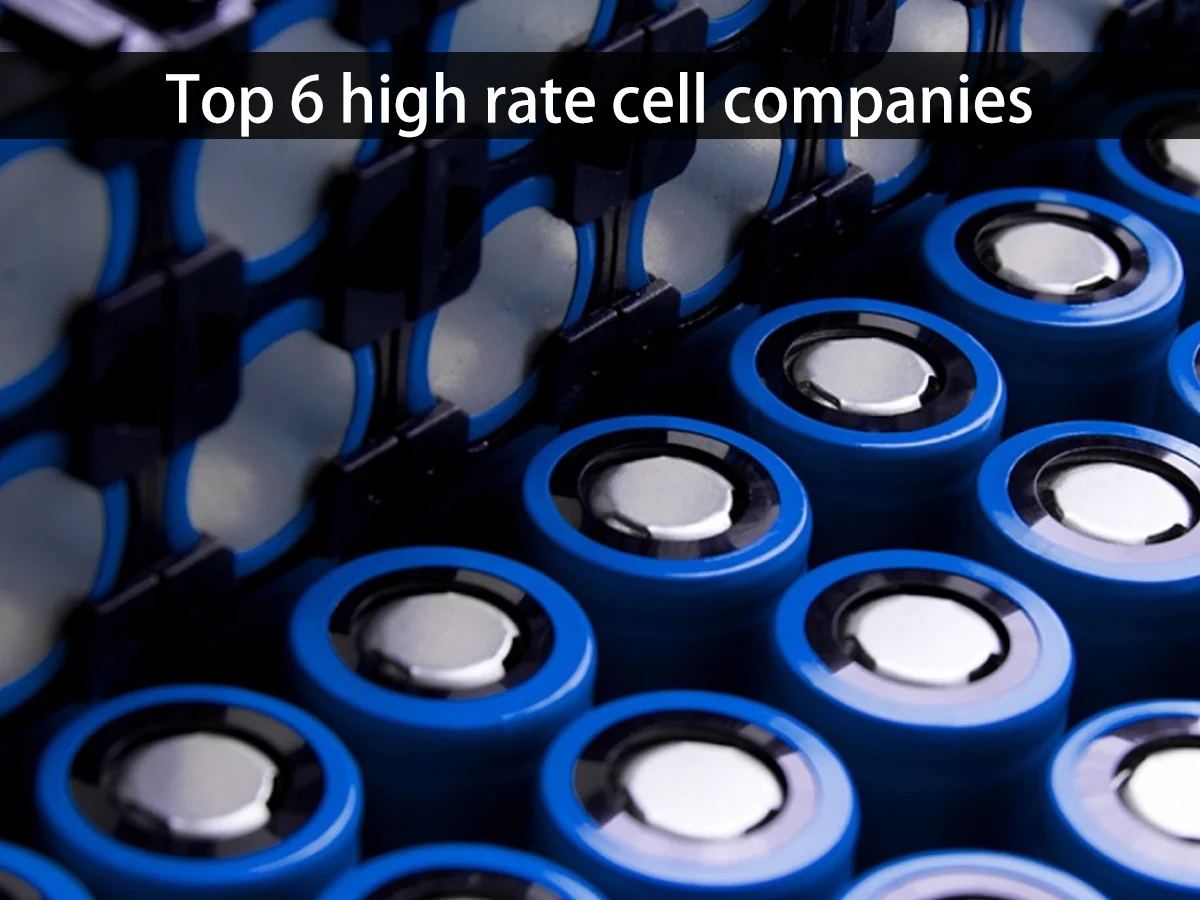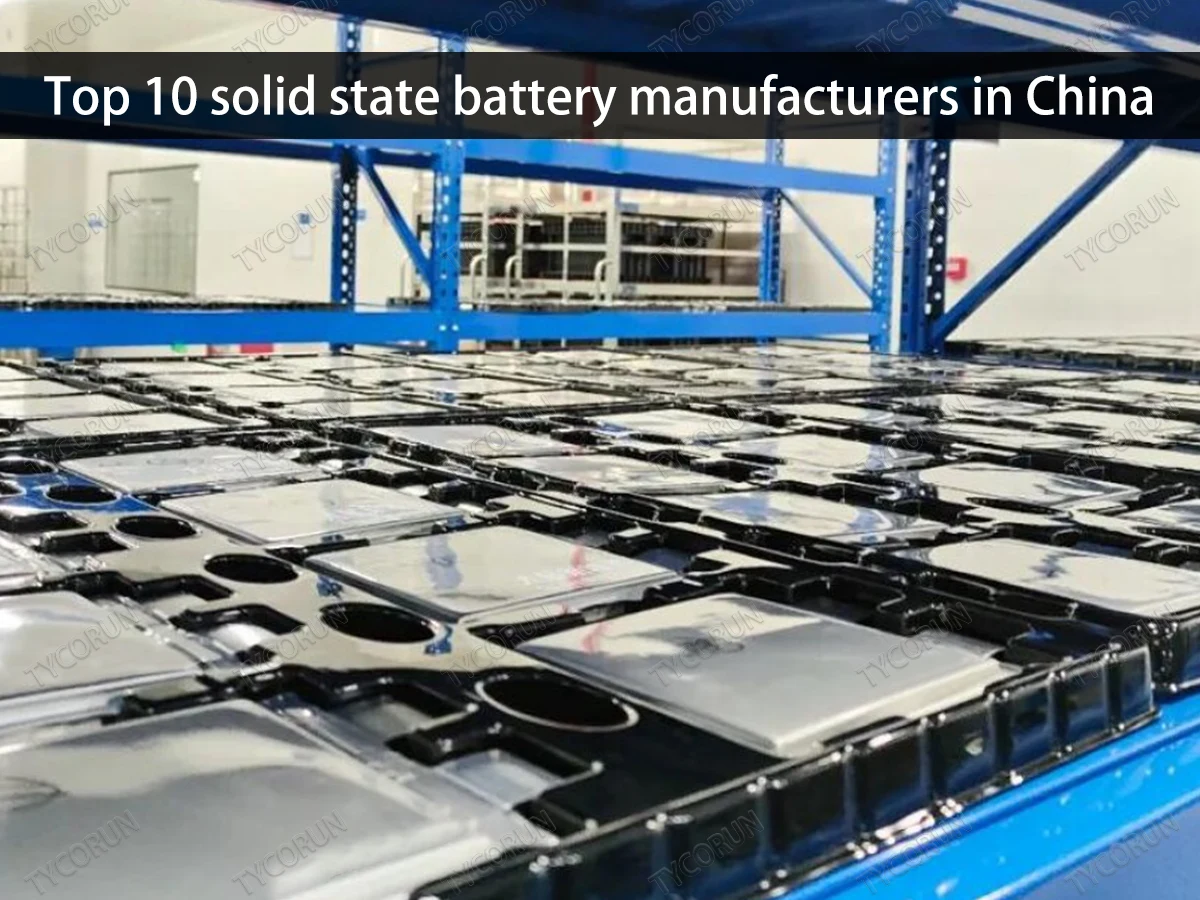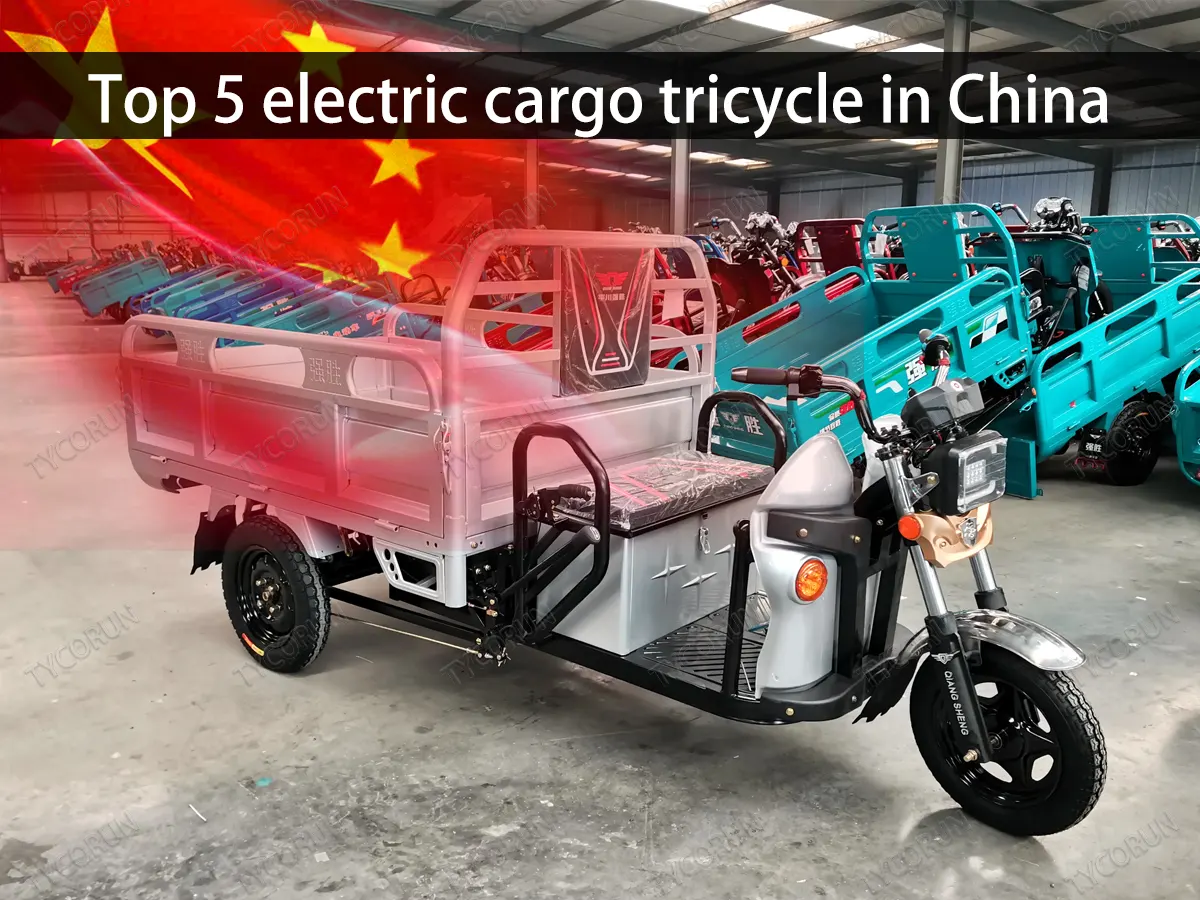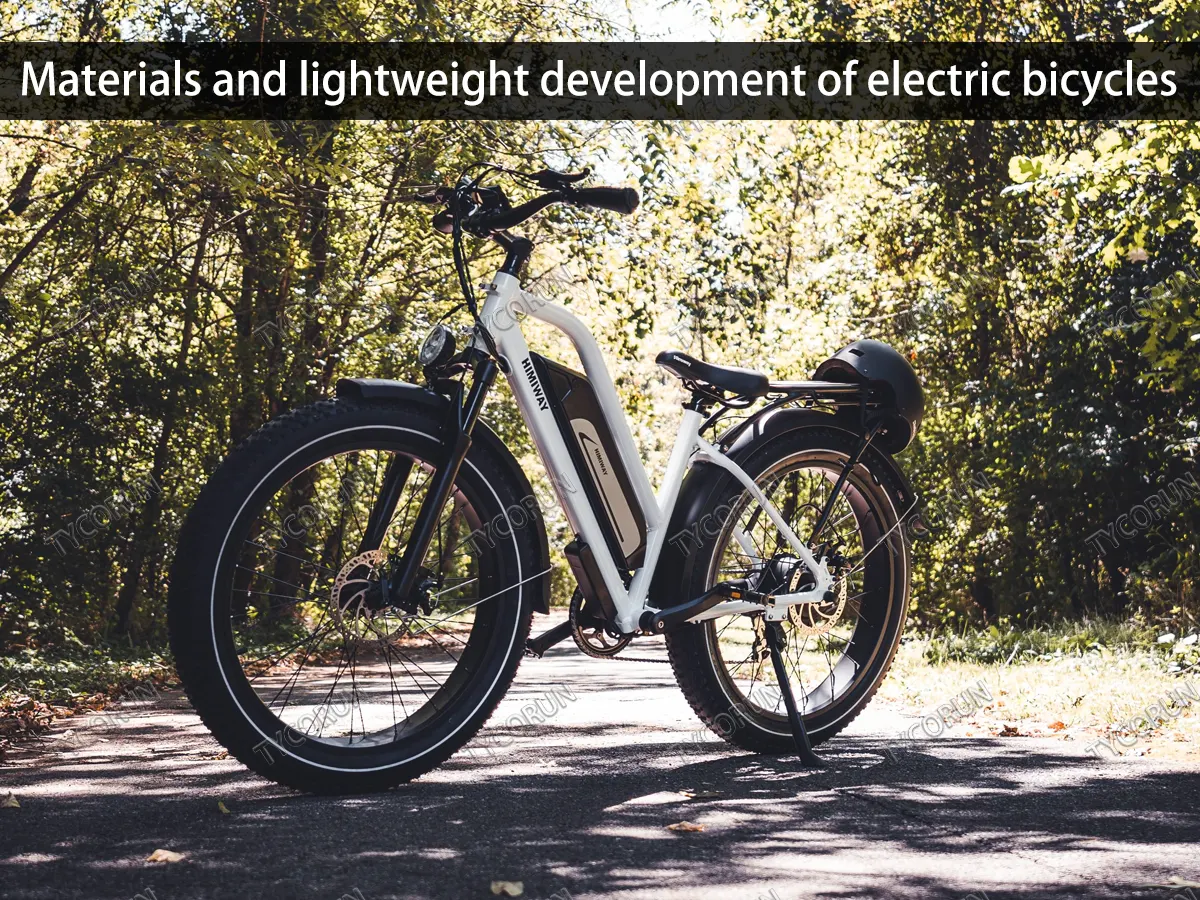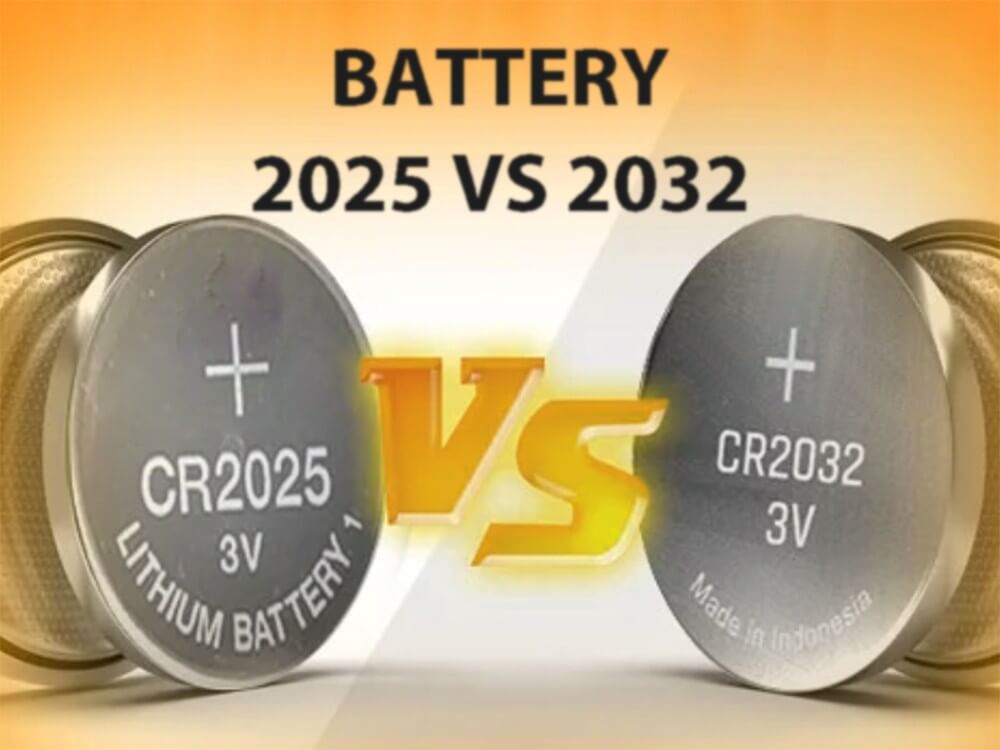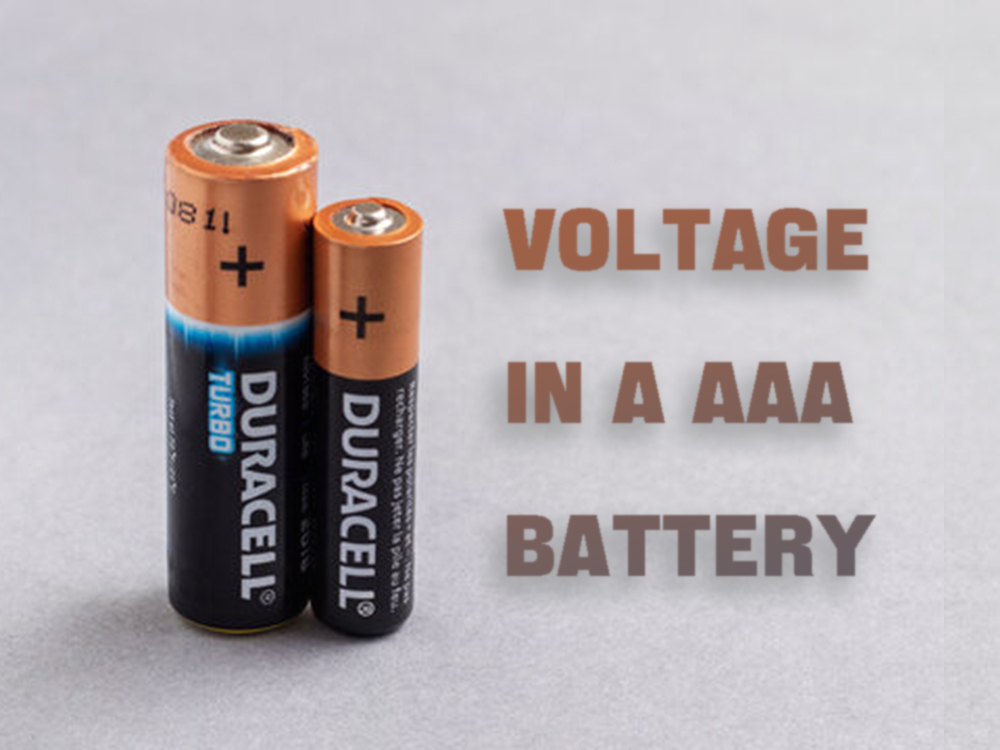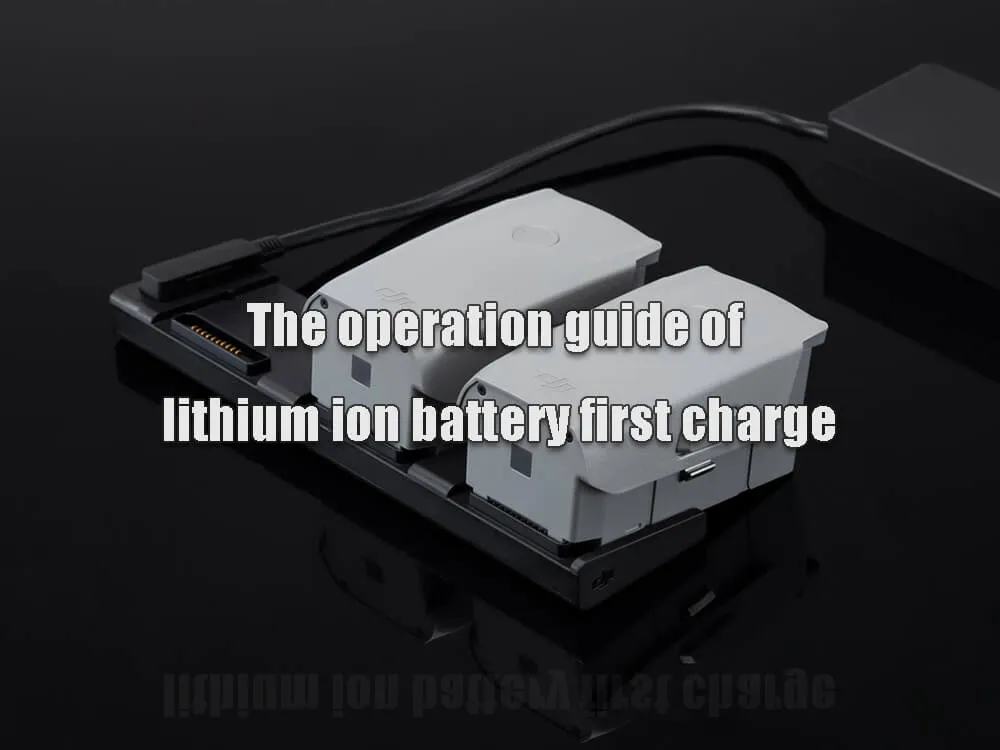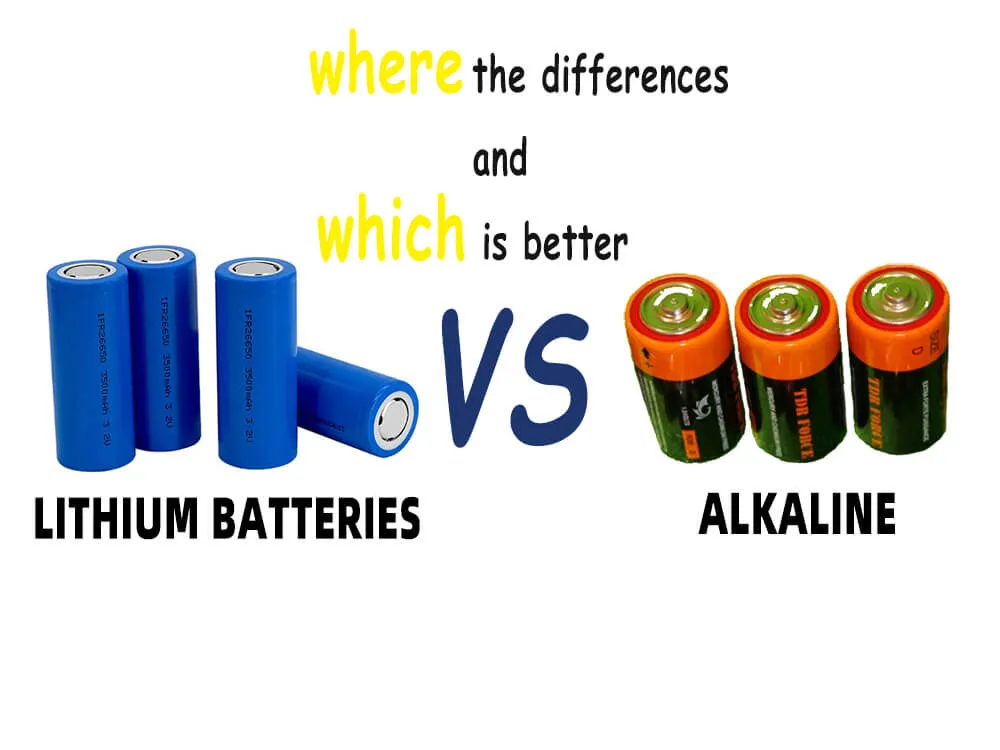Comprehensive understanding of battery self discharge in lithium-ion batteries
Battery self discharge is normal in rechargeable batteries. Self discharge in a rechargeable battery does not pose a significant threat to the battery’s lifespan. However, some factors increase the self discharge rate. This article is designed to help you understand battery self discharge comprehensively primarily. You are going to learn the following:
● What is battery self discharge
● Factors that affect a battery’s self discharge rate
● How to extend a lithium-ion battery’s life

What is battery self discharge?
Battery self discharge means that a battery with a certain amount of power will lose a part of its capacity after being stored for a period of time at a certain temperature. Battery self discharge is an internal chemical reaction that happens in batteries. It discharge the battery even when the battery is not connected to an external circuit or between the battery’s electrodes.
Therefore, when a rechargeable battery is not in use, it will lose some charge. Several factors affect the rate of self discharge – we’ll discuss them later in this article.
How does lithium-ion battery self discharge happen?
The primary reason a lithium-ion battery self discharge is because its electrolyte comprises organic compounds. Organic electrolytes tend to break down over time regardless of whether the battery is fully charged or is in the charging process. As the organic electrolyte breaks down (internal chemical reaction), the battery’s charge decreases, causing self-discharge.
Which battery suffers from self discharge and which have the lowest self discharge rate?
As mentioned before, battery self discharge is a normal phenomenon of batteries. Therefore, nickel-based batteries (NiCd & NiMH), lithium-ion, lead-acid, etc.they will self-discharge when not in use. Nickel-based batteries suffer the most from self discharge, with a discharge rate of as high as 20% per month.
On the other hand, among lithium battery replacement lead acid, lithium-ion batteries suffer the least from self discharge as their discharge rates go as low as 3.5% per month. However, this self discharge rate can increase depending on how you store the battery after charging it.
What is the importance of battery self discharge?
While battery self discharge may not be good, consistent battery self discharge is unquestionably essential. Battery self discharge helps you know more about battery’s health and performance status. Batteries that self discharge consistently have a slight difference in their state of charge (SOC).
SOC commonly expressed as a percentage. When lithium battery SOC is 0%, it means that the battery is fully discharged, and when SOC is 100%, it means that the battery is fully charged. Leading experts strongly recommend storing lithium batteries with a SOC ranging between 20% – 80%. If the battery is frequently fully charged and discharged, it will affect the battery life.
Batteries with inconsistent self discharge are not safe for use. Further, the inconsistency affects the battery’s capacity meaning the battery might not last as long as you’d want.
How long does it take for a battery to self discharge?
A battery will self discharge after some time. However, the battery’s duration to self discharge is not linear with time. The critical factor that determines how long it takes for a battery to self discharge is the battery’s storage condition. High temperatures encourage high self discharge rates in batteries. In addition, storing battery with its anode and cathode in contact with other metallic components will increase its self discharge rate.
It is also important to note that cold storage conditions negatively impact a lithium-ion battery’s charge. Lithium-ion batteries such as 18650 batteries that are a type of lithium ion battery are more likely to self discharge faster in colder storage conditions. It would be the best to store lithium-ion battery and other batteries in a cool, dry place. You’ll additionally need to store the battery away from metallic components that can cause parasitic discharge.
What will affect lithium battery self discharge? How to avoid self discharge when fully charged?
Three primary factors affect a lithium battery’s self discharge:
● Extremely High Temperatures
High temperatures are not friendly to lithium batteries as they encourage battery self discharge and shorten the battery’s lifespan. High temperatures increase self discharge rates in batteries by intensifying anode and electrode reactions. High temperatures also negatively impact a lithium-ion battery’s SEI layer. Heat makes the lithium-ion battery’s SEI layer deteriorate and break, which is terrible because regenerating this layer consumes more lithium.
● Moisture
Storing your lithium-ion battery in a room enriched with moisture is quite dangerous, as moisture harms the battery. Moisture creates an electric short in a lithium-ion battery by causing an electrolytic imbalance after dissolving in the electrolyte.The electric short causes self discharge in lithium-ion batteries.
● Micro Short Circuits
Micro short circuits cause self discharge in lithium batteries by leaking small amounts of electrical current inside the battery.
The most common reasons why lithium batteries have micro short circuits are:
● Overcharging the battery
● Contact with metallic components that can transmit electrical current, e.g., wires
● Dissolved foreign components inside the electrolyte, e.g., water, solvents, etc.
It is important to note that you cannot stop a battery from self discharging. The best you can do is to mitigate the process by storing the battery in a cool, dry place after charging up to about 90%. Remember, higher battery self discharge rates will increase with higher charging. It would be best if you also stored the battery away from other metallic components that might draw parasitic electrical current.
How does self discharge affect battery performance?
Normal battery self discharge does not weaken your battery. However, it causes your Battery to have a less than full charge which is a disadvantage if you want to put your Battery to use.
However, it is vital to remember that battery has a finite number of cycle charges that it can handle. Higher rates of battery self discharge will force you to recharge your battery sooner, which may damage the battery way before you’ve fully utilized it but lithium-ion batteries don’t. This phenomenon does not occur on lithium ion batteries because of the low self-discharge rate of lithium-ion batteries
How to extend lithium battery life?
There are four primary ways you should use to extend the life of your lithium battery:
● Use the recommended battery charger for lithium batteries.
● Clearly understand your lithium-ion battery’s performance specifications.
● Store your battery in a cool, dry place away from other metallic components.
● Do not overcharge and overdischarge.
Conclusion
Battery self discharge is a common phenomenon in rechargeable batteries. You cannot stop self discharge in batteries. However, you can mitigate the self discharge rate by storing your battery in a cool, dry place away from other metallic components. Consider following the recommendations outlined in this article to prevent battery self discharge.

